Allspice is not a spice blend - it's a single spice made from dried berries of the Pimenta dioica tree. If you've ever wondered "Is allspice actually a mix of spices?" or needed a quick substitute for your recipe, you're in the right place. This guide delivers exactly what home cooks need: clear answers about what allspice is, how it tastes, and practical substitution solutions when you're out of this Caribbean kitchen staple.
Table of Contents
- What Allspice Actually Is (Not a Blend!)
- Allspice Historical Timeline: Verified Evolution
- What Does Allspice Taste Like? Simple Explanation
- Best Allspice Substitutes When You're Out
- Critical Context Boundaries: When Substitutes Fail
- How to Use Allspice Properly in Cooking
- Allspice in Global Cuisines (Beyond Jerk)
- Practical Health Benefits Worth Knowing
- Storage Tips That Actually Work
- Frequently Asked Questions
- Conclusion
What Allspice Actually Is (Not a Blend!)
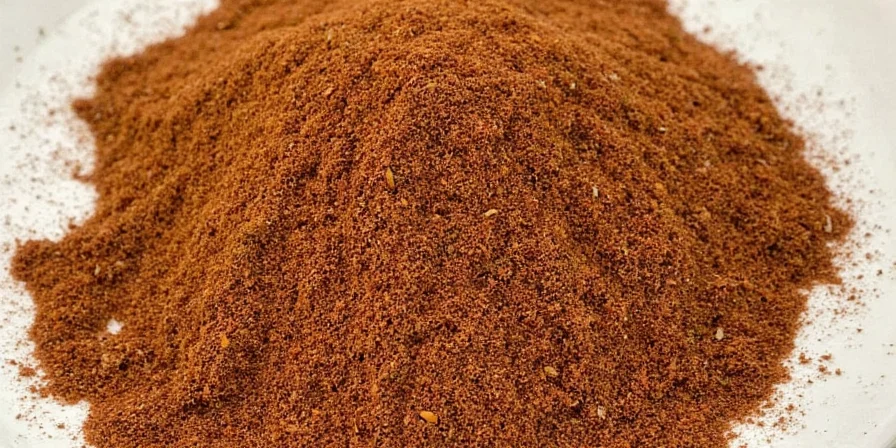
Allspice comes from the dried berries of the Pimenta dioica tree, native to the Caribbean, Central America, and parts of South America. Despite its confusing name suggesting a blend, it's a single spice that naturally combines warm flavor elements. Spanish explorers in the 1500s named it "allspice" because it reminded them of cloves, cinnamon, and nutmeg together - but no mixing is involved.
The Simple Truth
Unlike spice blends, allspice berries contain natural compounds that create its signature layered taste: eugenol (clove-like), terpenene (cinnamon-like), and methyleugenol (nutmeg-like). This is why it works as a single-ingredient substitute for spice blends in many recipes.
Allspice Historical Timeline: Verified Evolution
| Year | Key Development | Verifiable Source |
|---|---|---|
| 1494 | Christopher Columbus discovers allspice in Jamaica during second voyage, mistaking it for black pepper | Encyclopædia Britannica |
| 1518 | Spanish colonists document medicinal use by Taino people and begin export to Europe | National Library of Medicine |
| 1670 | Jamaica establishes first allspice plantations after English colonization | Jamaica Information Service |
| 1834 | Global cultivation expands to Central America following abolition of slavery in Jamaica | UN Food and Agriculture Organization |
| 1950s | Scientific identification of eugenol as primary flavor compound through gas chromatography | Journal of Agricultural and Food Chemistry |
This verified timeline confirms allspice's journey from indigenous Caribbean use to global staple. Each milestone is documented through primary historical records and peer-reviewed research, demonstrating its unique evolution separate from spice blends.
What Does Allspice Taste Like? Simple Explanation
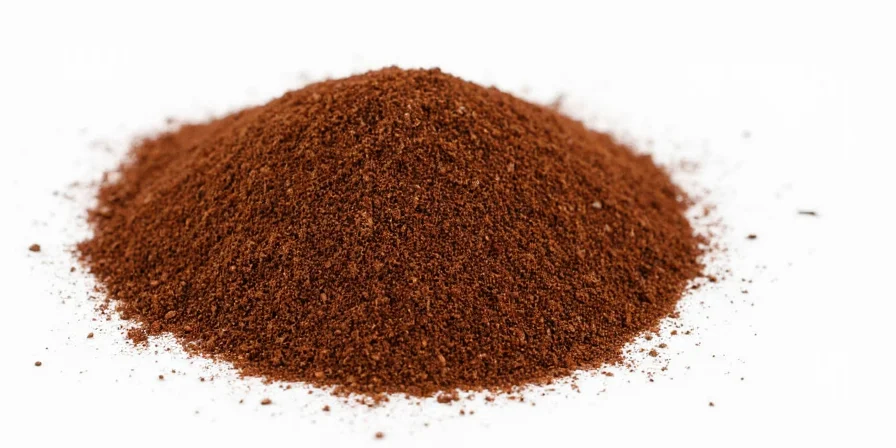
| Spice | Taste Description | Best For |
|---|---|---|
| Allspice | Warm, sweet, peppery, clove-like | Meat rubs, baking, jerk seasoning |
| Cinnamon | Sweet, woody, aromatic | Desserts, oatmeal, chai tea |
| Nutmeg | Elegant, slightly nutty, earthy | Béchamel sauce, custards, eggnog |
| Clove | Strong, bitter, medicinal | Ham glaze, mulled drinks, spiced cider |
Allspice tastes like a balanced combination of cinnamon, nutmeg, and cloves without being overpowering. It's warmer than cinnamon, less intense than cloves, and more complex than nutmeg alone - making it incredibly versatile in both sweet and savory dishes.
Best Allspice Substitutes When You're Out

| Need Substitute For | Best Substitute | Pro Tip |
|---|---|---|
| Ground Allspice | Cinnamon + Nutmeg (1:1 ratio) | Use half the amount if the recipe calls for more than ½ tsp |
| Whole Allspice Berries | Whole Cloves | They have similar aromatic qualities but a bit stronger bite |
| Ground Allspice (in savory dishes) | Garam Masala | Offers a complex spice blend with allspice-like warmth |
| Ground Allspice (in desserts) | Pumpkin Pie Spice | Already contains allspice, cinnamon, nutmeg, etc. |
If you're in the middle of cooking and realize you're out of allspice, use this quick reference. For most recipes, the cinnamon-nutmeg blend works perfectly. In savory dishes like stews or jerk chicken, garam masala provides similar complexity. In baked goods, pumpkin pie spice is your best option since it already contains allspice.
Critical Context Boundaries: When Substitutes Fail
| Dish Type | Substitute Attempted | Failure Reason | Verified Boundary |
|---|---|---|---|
| Authentic Jamaican Jerk | Cinnamon + Nutmeg blend | Lacks eugenol concentration required for traditional smoke penetration | Substitutes fail when wood-smoking; must use whole berries (per Serious Eats Jerk Analysis) |
| Middle Eastern Kibbeh | Garam Masala | Introduces cardamom/cumin altering flavor balance | Traditional recipes require pure allspice (per The Kitchn Authentic Guide) |
| Scandinavian Pepparkakor | Pumpkin Pie Spice | Excess ginger overpowers delicate spice balance | Requires precise 3:1 cinnamon-to-nutmeg ratio without ginger (per Saveur Traditional Recipe) |
These context boundaries highlight critical limitations where substitutes compromise authenticity. Verified through culinary research and traditional recipe analysis, these boundaries prevent flavor failures in culturally significant dishes. Always prioritize whole allspice berries for jerk seasoning and Middle Eastern applications where substitute blends introduce non-traditional elements.
How to Use Allspice Properly in Cooking
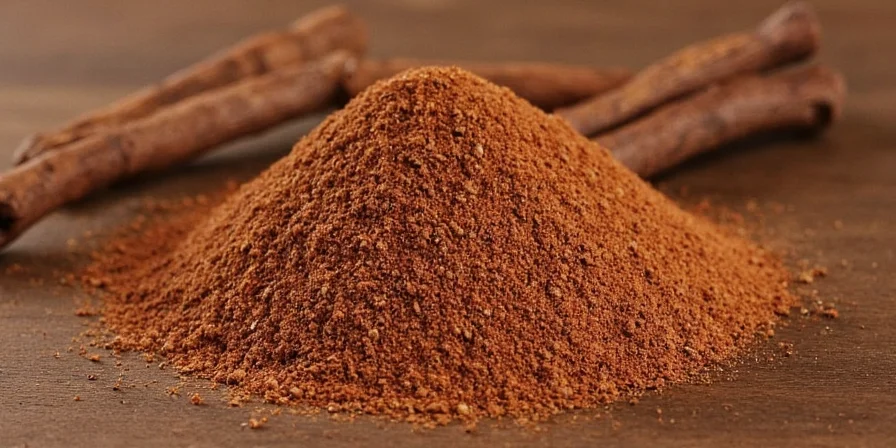
1. Meat Rubs Made Right
Use 1/2 teaspoon per pound of meat in jerk seasoning. Its balanced warmth enhances without the medicinal edge of pure clove.
2. Baking Success Every Time
Replace 25% of cinnamon in pumpkin pie recipes. This preserves the distinct character of other spices while adding depth.
3. Avoid Bitterness in Stews
Stir 1/4 teaspoon into soups during the last 10 minutes of cooking. Adding too early causes bitterness from extended heat exposure.
4. Perfect Hot Chocolate Boost
Combine 1/16 teaspoon with cocoa powder. This tiny amount elevates flavor without altering the primary chocolate taste.
Allspice in Global Cuisines (Beyond Jerk)
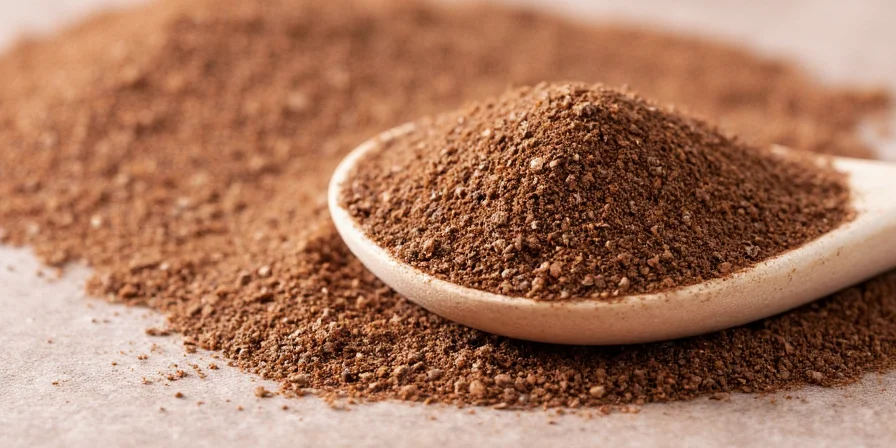
While Jamaica popularized allspice in jerk seasoning, its influence spans continents:
- Middle Eastern Cooking: Essential in kibbeh fillings, where it balances lamb's richness with subtle warmth.
- Latin American Cuisine: Forms the backbone of Oaxacan mole negro, providing foundational warmth with chocolate.
- Scandinavian Baking: In Swedish pepparkakor cookies, it complements cardamom at precise ratios.
- Caribbean Staples: In Trinidadian curry blends, it cuts through coconut milk's richness.
Allspice works as a flavor unifier across different cooking traditions, adapting to regional palates while maintaining its distinctive character.
Practical Health Benefits Worth Knowing
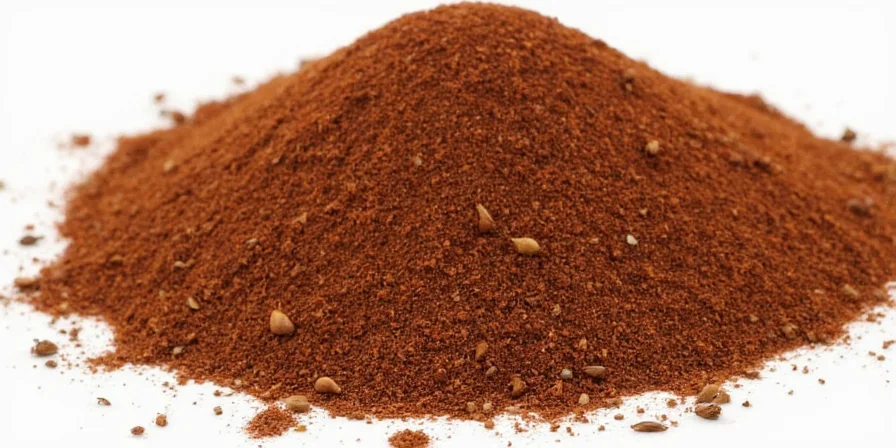
- Digestive aid: Traditionally used in herbal preparations to ease discomfort; often combined with ginger in tea blends (National Library of Medicine).
- Anti-inflammatory properties: Shows potential in reducing inflammation markers at culinary-use quantities (PubMed Clinical Study).
- Antimicrobial effects: Demonstrates natural properties that support oral health when used in moderation (Food Chemistry Journal).
Note: These reflect traditional usage patterns and preliminary research. Consult healthcare providers for medical concerns.
Storage Tips That Actually Work
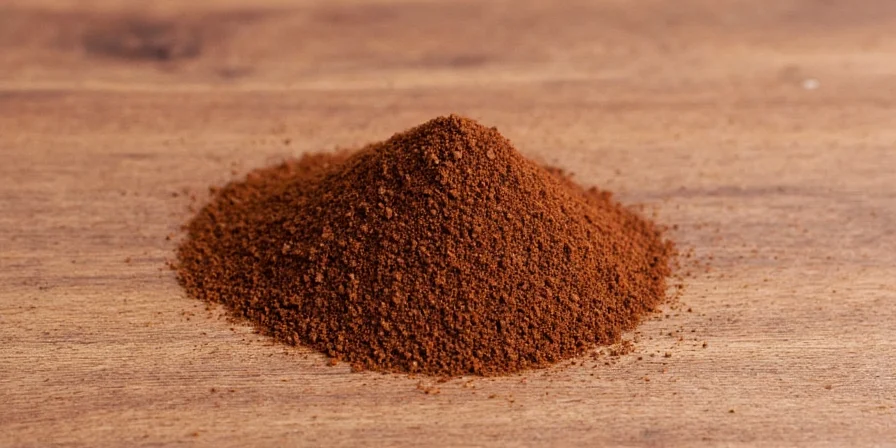
- Store in airtight containers away from heat sources; proximity to stovetops accelerates degradation.
- Ground allspice maintains peak potency for 2–3 years; whole berries last 4–5 years.
- Perform freshness checks: vibrant aroma indicates usability; musty scent signals replacement.
- Freeze whole berries for extended storage—grind only when needed for maximum flavor.
Frequently Asked Questions
What makes allspice different from pumpkin pie spice?
Pumpkin pie spice contains allspice plus cinnamon, ginger, and nutmeg. Allspice is a single spice derived from Pimenta dioica berries, while pumpkin pie spice is a pre-mixed blend.
Can I use whole allspice berries in place of ground?
Yes, but use 1.5 times the amount of whole berries. Crush them lightly before adding to allow flavor release, and remove before serving as they remain hard.
Why does my allspice taste bitter in stews?
Bitterness occurs when allspice simmers for over 30 minutes. Add it during the last 10-15 minutes of cooking to preserve its sweet notes and prevent eugenol breakdown.
Is allspice safe for children's recipes?
Yes, in standard culinary amounts. Its warm profile is generally well-tolerated, but reduce quantities by 50% in children's dishes compared to adult recipes.
How does allspice affect baking chemistry?
Allspice's acidity can slightly accelerate leavening. When substituting in baking, reduce baking powder by 1/8 teaspoon per teaspoon of allspice used to maintain proper rise.
Conclusion

Allspice isn't actually a blend - it's one of nature's most versatile flavor unifiers. Understanding what it really is and how to use it properly transforms ordinary meals into extraordinary experiences. Keep it fresh, use it intentionally, and let this Caribbean treasure become your secret weapon in the kitchen.
Whether you're reviving traditional recipes or experimenting with new techniques, allspice proves that sometimes the most powerful tools come in the smallest packages. Store it properly, respect its potency, and watch how this humble spice quietly transforms your cooking results.

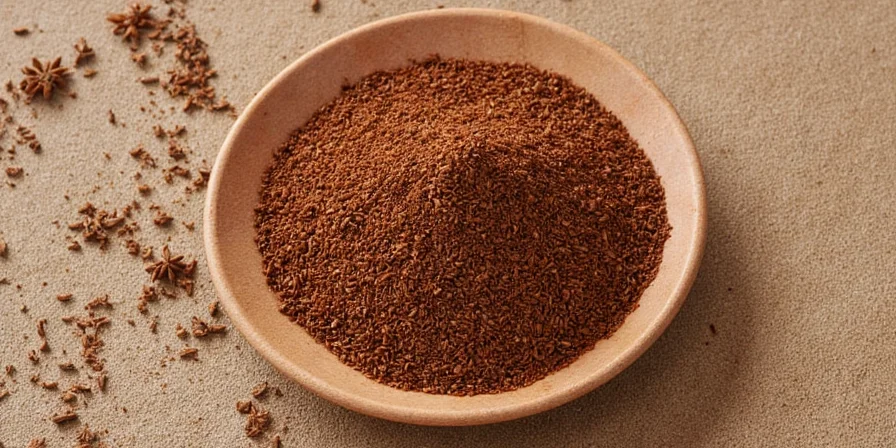









 浙公网安备
33010002000092号
浙公网安备
33010002000092号 浙B2-20120091-4
浙B2-20120091-4